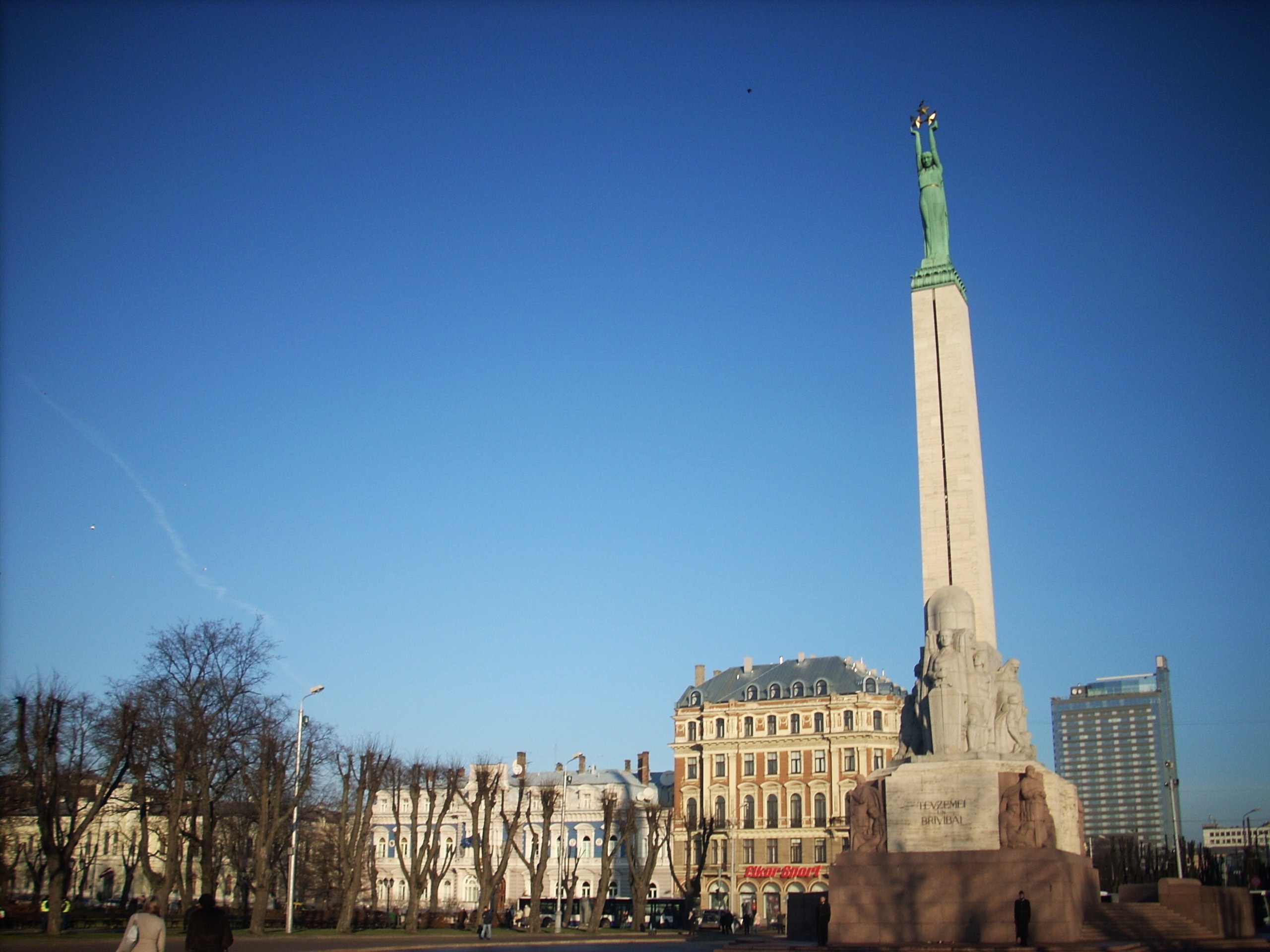<![CDATA[The Soviet Union's occupation of Latvia cost the country €185 billion, according to a report published on Monday. The findings reopen a longstanding debate about the debts that former imperial powers owe to the countries they once occupied, and whether they should be repaid. Proclaiming its initial independence on 18th November, 1918, Latvia suffered a long and tumultuous twentieth century, living under Soviet occupation for decades. The initial freedom came to an end in 1939, when the Molotov-Ribbentrop pact between the USSR and Nazi Germany split Eastern Europe in two, and secretly brought Latvia and the other Baltic nations under the control of the USSR. Following the declaration of war between Germany and the USSR, Soviet forces were pushed back as the German Blitzkrieg tore through Europe, and Latvia, like many other nations, was occupied by the forces of Nazi Germany. After the Soviet victory at Stalingrad, Nazi forces started a slow retreat back towards Germany, and in 1944 Latvia was once again occupied by the Soviet Union. The occupation continued for another forty six years, until 1990, when Latvia was able to once again declare its independence as the collapse of the Soviet Union set in. Monday 18th April saw the presentation of three books: 'Latvian Industry Before and After Restoration of Independence', 'Colonial Policy of the Soviet Empire and Colonization of Latvia in 1940-1990', and 'Damage Caused to the Baltics by the Soviet Union', which seek to assess the economic costs of the Soviet Union's occupation of Latvia. The figure of €185 billion is of course a shocking one, but it is focused primarily on the economic costs. Through deportations and imprisonment the occupation also exacted a heavy human toll which is much harder to put a price on. On 14th June 1941, during the first Soviet occupation, some 15,000 people, mostly comprising the most educated or wealthiest of Latvian society, were deported, usually to Siberia. A second wave of deportations, as the Soviet Union attempted to consolidate its hold over the Latvian people, took place on 25th March, 1949. This wave saw anyone accused of either collaborating with the Nazis or conspiring against the Soviet occupation deported from the country. It was a move which essentially crushed any resistance, and drastically altered the country's demographic makeup. Just as difficult to quantify is the environmental impact of Soviet occupation. A remarkably green, densely forested country, Latvia was subjected to reckless industrialisation by the Soviet Union. The scars of this are still visible today, in the toxic sludge threatening groundwater in Inčukalns, for example. The commission to calculate the cost of Soviet occupation was initially set up in 2005, but its work was halted in 2009 following the economic crisis, which took a heavy toll on Latvia. Researchers were able to return to their calculations in 2014. Putting a price on historic imperialism is of course a highly controversial subject, although not as inflammatory as actual attempts to extract reparations. In both India and Ireland for example, there are campaigns which want compensation from Britain, for the centuries their countries were under the rule of the British Empire. The issue is hugely controversial, both in the UK and in the former colonised countries themselves. The question of reparations from former imperial powers brings into cold clarity the importance of history in the present. An argument often made against compensation is that the former colonisers invested into the countries they occupied, a point made in both Russia and the UK by those who think it is unreasonable for the countries to pay compensation for their old empires. The commission in Latvia was set up specifically to address this argument, as historian Kārlis Kangeris told Latvian news website LSM two years ago. "Latvia created the commission as it doubted this Russian claim (that the USSR invested heavily in Latvia), so it started working on its own estimates," said Kangeris. In 2014 members of the commission in Latvia told local radio stations that although they didn't expect Russia to pay compensation in the near future, it was vital that the costs of the occupation were known, both locally and internationally. By putting a price on the past, the often tragic history of imperialism cannot be ignored.]]>
€185 billion – the Cost of the USSR's Occupation Of Latvia
